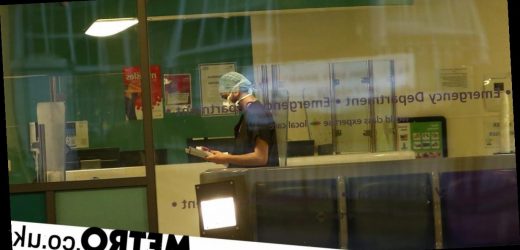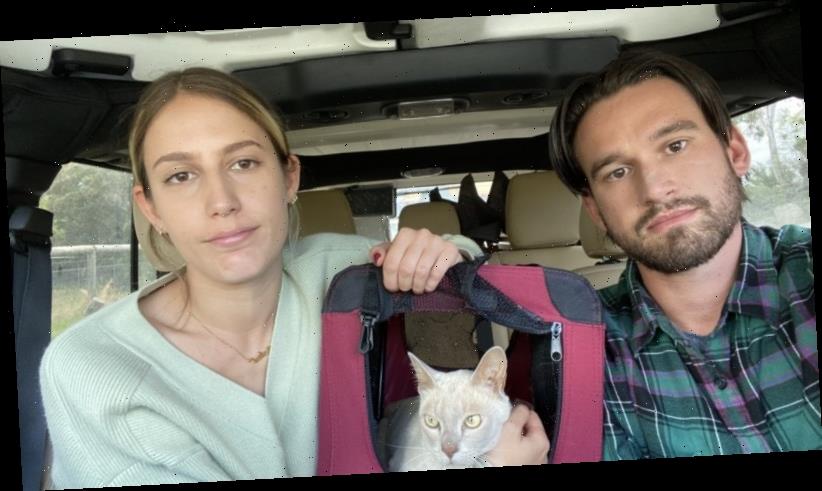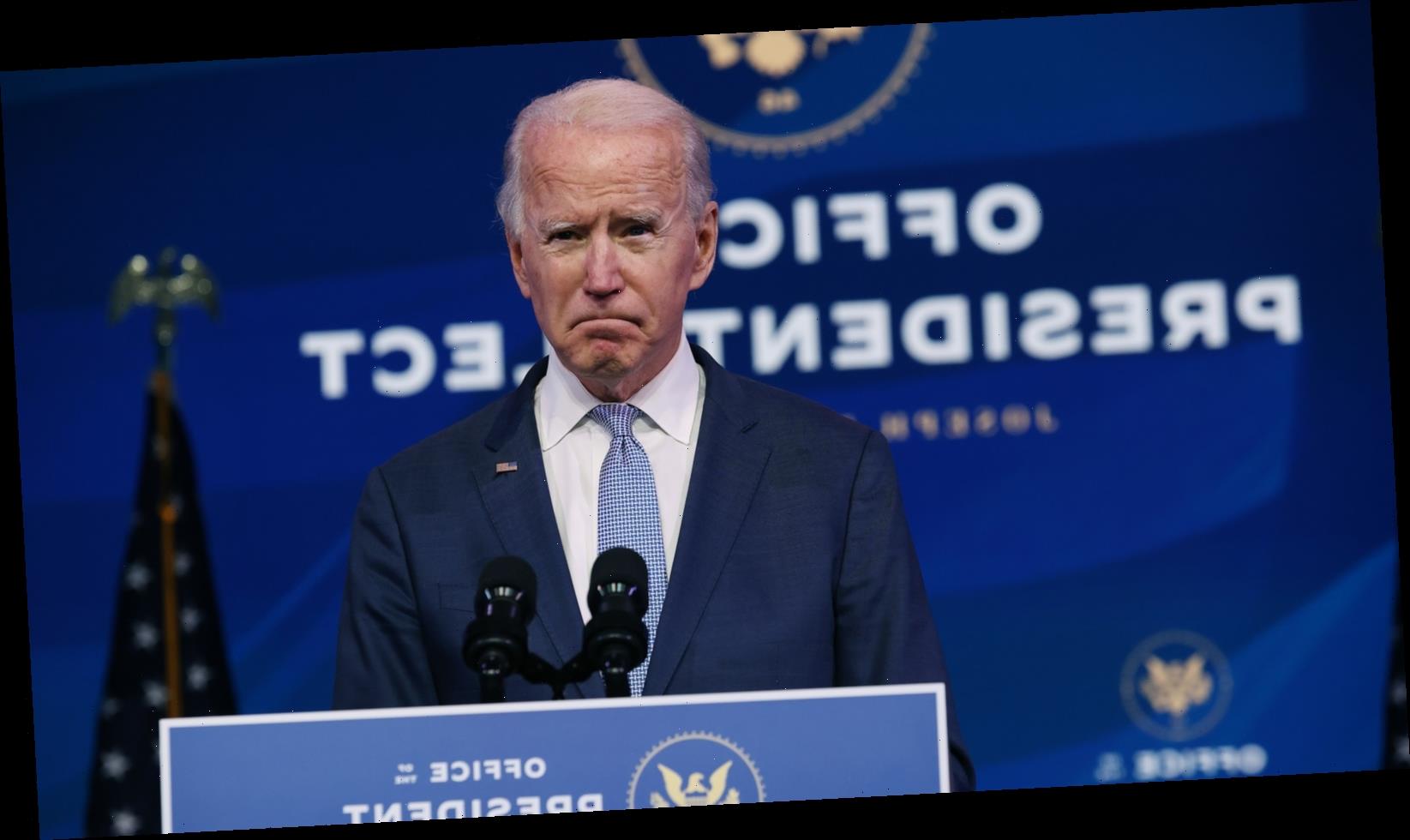One day during the first lockdown, I returned home to a hand-drawn card from an amazing medical student friend.
It featured an illustration of me in my wheelchair, with a face mask and a cape, bearing the caption ‘Even Heroes Need PPE’.
I was reduced to tears, overwhelmed at this thoughtful act.
It’s easy for NHS workers to feel isolated at work at the moment – we spend so much time in PPE that sometimes we struggle to recognise our colleagues without it.
My friend didn’t know I’d lost yet another patient that day, she just wanted me to know I wasn’t alone, because the NHS is on its knees.
Staff who have worked throughout the year – often missing out on much-needed leave, picking up extra shifts to try and keep services running – are now trying to manage a national vaccine rollout during yet another wave of increased admissions, at what is always our busiest time of the year.
Flu and other winter viruses are causing issues for those with respiratory issues, dark and icy conditions lead to more car accidents and falls and mental health problems are worsening. This time of year is never easy.
Many of us have been carried through this, the hardest year of our careers, by our incredible friends and families.
They have – if permitted by a system that seems to forget NHS staff have kids too – taken on childcare at the last minute, listened as we’ve wept exhausted tears over FaceTime as we try to forget what we have seen at work that day, and ensured that the carers are themselves cared for (and fed).
As a disabled woman living alone, my family and friends have been a lifeline practically and emotionally, providing everything from distraction and food parcels to paternal rescue missions when I ended up in A&E as a patient myself.
As things have once again worsened over recent weeks – in some areas it looks probable that the NHS will become overwhelmed – I’ve been asked repeatedly by friends, political colleagues and generous people on Twitter how they can help NHS and social care staff. So, here are some suggestions – presented without expectation, as I appreciate many people are struggling practically and financially at the moment.
Let’s start with the basics. It may seem terribly passé now, but handwashing, mask wearing and social distancing are all still vitally important.
These simple measures help reduce transmission, protect you and those around you, and so reduce pressure on the NHS.
It’s hard to express how utterly demoralising it is to come home from a long day trying to help people through the pandemic, only to switch on the TV or pop into the local shop and see people not wearing masks, all stood together in big groups – or worst of all, protesting outside hospitals in big crowds.
Amidst all the to-ing and fro-ing of restrictions, it’s easy to forget these fundamentals, but if you can, please stick a mask on, wash your hands and keep your distance.
You may well get a call or message inviting you for a vaccination imminently, particularly if you are in one of the top four priority groups. Take it.
We appreciate that the Covid-19 vaccine is new and seems to have come around fast – it’s amazing what science can do when properly funded and supported. If you aren’t sure, please take the time to read up on it from reliable sources like the NHS website, so you know your decision, either way, is made based on high quality research and not hear-say.
If you are breastfeeding, you should know that a recent campaign by frontline workers and the Women’s Equality Party succeeded in changing guidance so that you too can access the jab.
You may still get called about a flu jab rather than a Covid-19 vaccination. More people than ever have been offered a flu jab, and this is helping to keep rates down, protecting both recipients and the NHS, which every year cares for many patients with the flu, which can and does cause deaths.
It may not be the exciting jab everyone is talking about this season, but it is still making a huge difference.
While we’re talking vaccines – there is a lot of nonsense doing the rounds on social media.
Trust me, if our Government were capable of injecting everyone with microchips, they would have found running a Test and Trace service a doddle by comparison – we’re still waiting on that ‘world-beating’ system we were promised.
There is always a temptation to tackle the anti-vaxxer, Covid-19-denier, anti-NHS chatter on social media directly. Some, thinking they are helping, tag their NHS friends in to join the fray. Please don’t.
We don’t have the mental or emotional capacity to manage this denialism too, and engaging with these comments simply bump them up social media algorithms, meaning more people see the original nonsense. Block, report, move on. They want the oxygen – we have better uses for it.
The NHS is one of the biggest employers in the world, so you probably know some of us working for it. I don’t know a single member of staff in any department, from medicine to HR to portering, who has found the last year easy. Do check in with those of us you know.
A simple WhatsApp message, a note in the post, a hug gif on Twitter, all of these show us that someone cares.
Many NHS and social care staff are angry about how the pandemic has been handled politically – from the decade of austerity that made us underprepared, to the fact that swathes of so-called essential workers (mostly women) are underpaid and undervalued. There are things you can do about that too.
There are elections happening across the UK in May. Register to vote. Volunteer with a party you trust, big or small. This pandemic has exposed and expanded the huge inequalities in our society, but we are all equal at the ballot box.
Finally, please be kind. We have all been through a huge collective trauma over the last year. Everyone is beyond the last straw now, and tempers are fraying.
But that woman walking the wrong way up the supermarket aisle towards you? I have been that woman.
I was exhausted and overwhelmed, having called multiple loved ones that day to tell them their relative was dying. I’d cried in the carpark. The person who lost their temper at me saw a woman dressed in normal clothes, but underneath them was a broken doctor, who just needed a ready meal.
I’m sure other frontline workers could add to this list, and we certainly don’t expect red carpets rolled out to greet us.
While the intent behind Clap for Carers – or the revamped Clap for Heroes – is on the whole very kind, I personally find it quite difficult when politicians applaud us then vote against the very things we need to save lives, such as safe staffing levels, fair pay and proper PPE.
This has been a long year, with a horrendous few months ahead. I am scared that many of my colleagues are already struggling with burnout, and will be living with PTSD for years to come.
The support of the public is vital if we are to get through, so thank you in advance, it is truly appreciated.
Like that card from my medical student friend on a terrible day, the small acts can often make the biggest difference.
Source: Read Full Article




